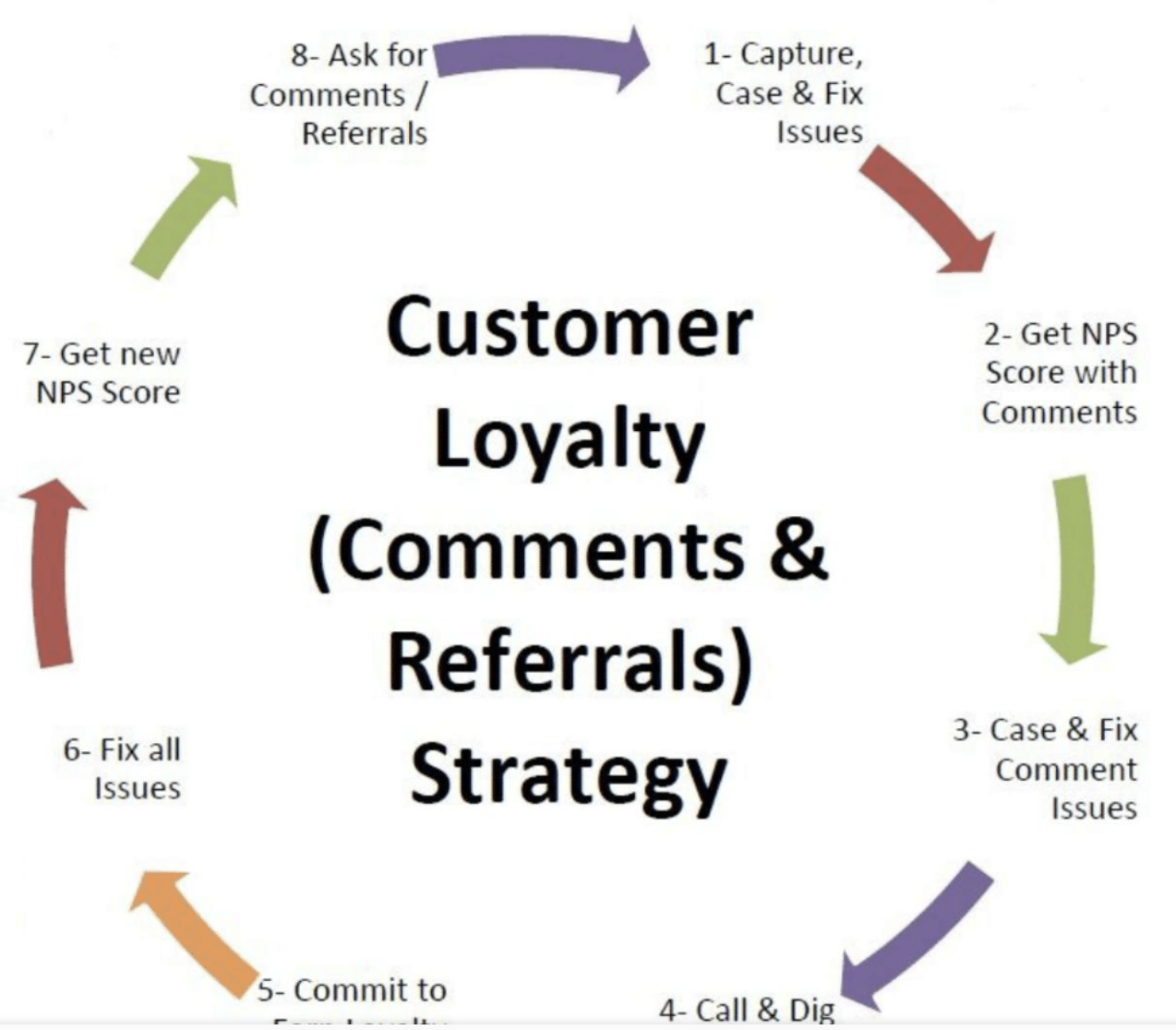In today’s highly competitive business landscape, building and maintaining customer loyalty is paramount to the success of any company. Customers have numerous options at their disposal, and attracting and retaining them requires strategic marketing efforts. Customer Relationship Management (CRM) systems have emerged as powerful tools to help businesses achieve this goal. In this article, we will explore the concept of CRM-driven marketing and its role in fostering customer loyalty.
1. Introduction
In today’s digital era, where customers are exposed to a multitude of products and services, businesses must adopt effective marketing strategies to build lasting relationships with their clientele. Customer loyalty is not only about repeat purchases but also about turning customers into brand advocates. This is where CRM-driven marketing comes into play.
2. Understanding Customer Loyalty
Customer loyalty refers to the strong emotional bond between a customer and a brand, resulting in repeat business, brand advocacy, and reduced sensitivity to price changes. Loyal customers not only continue to make purchases but also recommend the brand to their friends and family, amplifying its reach organically.
3. The Significance of CRM-driven Marketing
CRM-driven marketing is an approach that centers around the use of Customer Relationship Management systems to gather and analyze customer data, allowing businesses to tailor their marketing efforts to specific customer segments. This personalized approach creates a deeper connection with customers, fostering long-term loyalty.
4. Collecting and Analyzing Customer Data
At the core of CRM-driven marketing is the collection and analysis of customer data. Businesses gather information through various touchpoints such as website visits, social media interactions, and purchase history. Analyzing this data provides valuable insights into customer preferences, behaviors, and pain points.
5. Personalization and Customer Experience
Armed with customer insights, businesses can create personalized experiences for their customers. Personalization goes beyond addressing customers by their names; it involves delivering tailored product recommendations, relevant content, and timely offers, enhancing the overall customer experience.
6. Targeted Marketing Campaigns
CRM-driven marketing enables businesses to create targeted marketing campaigns that resonate with specific customer segments. By understanding what drives each segment, companies can craft compelling messages that address their unique needs and pain points, leading to higher conversion rates.
7. Building Long-Term Relationships
By consistently delivering personalized experiences and valuable solutions, CRM-driven marketing helps in building long-term relationships with customers. Loyal customers feel valued and understood, leading to a sense of trust and commitment to the brand.
8. Measuring Success and Improving Strategies
CRM systems also enable businesses to track the success of their marketing campaigns and customer interactions. By analyzing key performance indicators (KPIs), companies can identify areas for improvement and fine-tune their strategies to enhance customer loyalty further.
9. Leveraging Technology for CRM-driven Marketing
Advancements in technology have revolutionized CRM-driven marketing. Automation tools, machine learning, and artificial intelligence enable businesses to streamline processes, make data-driven decisions, and create even more personalized experiences for their customers.
10. Integrating Social Media for Enhanced Engagement
Social media platforms play a crucial role in CRM-driven marketing. They offer an avenue for direct communication with customers, building brand personality, and engaging in real-time conversations. Integrating social media into CRM strategies strengthens customer relationships and loyalty.
11. Nurturing Customer Loyalty in B2B Relationships
CRM-driven marketing is not limited to B2C businesses. It also holds immense value for B2B companies. By understanding the unique needs and pain points of business customers, CRM systems help in nurturing strong B2B relationships and fostering customer loyalty.
12. Overcoming Challenges in CRM-driven Marketing
While CRM-driven marketing offers numerous benefits, it is not without its challenges. Businesses must address issues like data privacy concerns, data accuracy, and ensuring seamless integration of CRM systems with other marketing tools.
13. The Future of CRM-driven Marketing
As technology continues to advance, CRM-driven marketing will evolve further. Artificial intelligence will play a more significant role in predictive analytics and creating hyper-personalized experiences. The future holds exciting possibilities for building customer loyalty through CRM-driven marketing.
14. Conclusion
Building customer loyalty is a critical aspect of any successful business. CRM-driven marketing emerges as a powerful strategy to achieve this objective. By collecting and analyzing customer data, providing personalized experiences, and crafting targeted campaigns, businesses can create strong emotional connections with customers, fostering long-term loyalty and advocacy.
5 Unique FAQs
- Q: What is the primary benefit of CRM-driven marketing? A: The primary benefit of CRM-driven marketing is the ability to build lasting customer loyalty through personalized experiences and targeted campaigns.
- Q: Can CRM-driven marketing be applied to B2B businesses? A: Yes, CRM-driven marketing is equally valuable for B2B businesses as it helps in nurturing strong relationships and loyalty among business customers.
- Q: How can businesses measure the success of their CRM-driven marketing efforts? A: Businesses can measure the success of their CRM-driven marketing by analyzing key performance indicators (KPIs) such as customer retention, conversion rates, and customer satisfaction scores.
- Q: What are some challenges in CRM-driven marketing? A: Some challenges in CRM-driven marketing include data privacy concerns, ensuring data accuracy, and integrating CRM systems with other marketing tools.
- Q: How will artificial intelligence impact the future of CRM-driven marketing? A: Artificial intelligence will play a significant role in predictive analytics and creating hyper-personalized experiences, revolutionizing the future of CRM-driven marketing.
